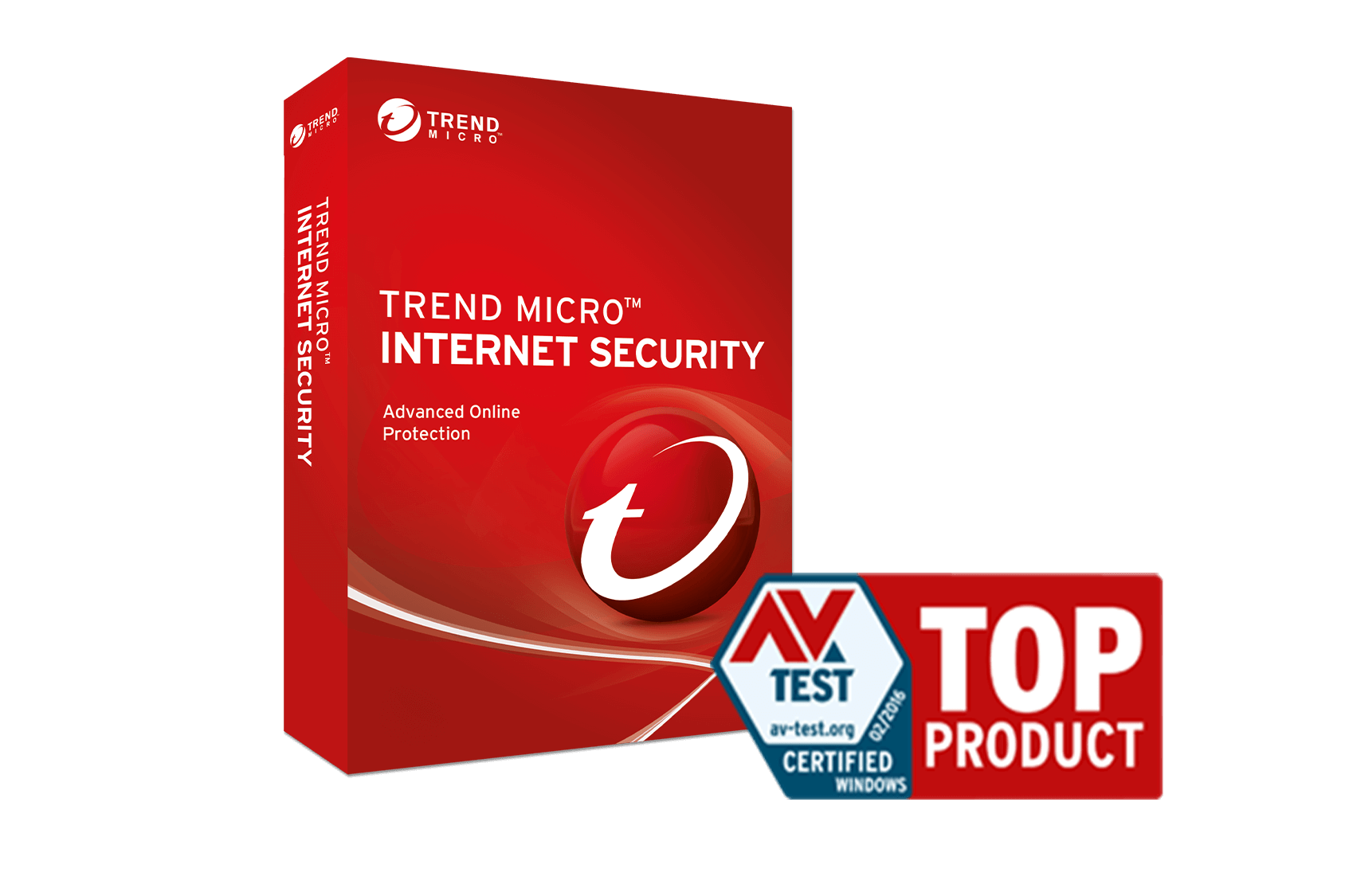What are viruses exactly?
Viruses are computer programs made by cybercriminals that can replicate itself and infect computers without the users’ awareness or consent.
What are examples of viruses or malware?
For viruses or malware to replicate, they need to attach themselves to other program files and execute when that program boots up.
Malware are then able to infect other files on the computer, and like biological viruses, they spread quickly and are more often than not difficult to eliminate.
There are typically three types of viruses or malware:
- File viruses: there are several types of file viruses, but this type usually targets host files or programs on the computer
- Boot viruses: usually infect the partition of hard disks or boot sectors of hard and floppy disks
- Script viruses: typically written in script programming languages, and are usually embedded in HTML documents
The basic mechanism of a virus or malware remains the same. They contain codes that can copy themselves and make modifications to the infected machine when the user executes an infected program or file.
After executing, malware usually revert the control of the program to the original host so the user wouldn’t notice the infection.
There are also cross-platform viruses or malware which can infect files on different platforms (such as Windows and Linux). These types rarely have 100% functionality though.
Why free antivirus programs are not enough
A study by AV-Test showed that paid versions of antivirus programs demonstrate higher levels of prevention and removal when compared to free ones. Free versions tend to have fewer features, making it run better on older computers or those with fewer system capabilities.
Users should avoid pop-up advertisements that promise free antivirus services. These are usually bogus products that can further infect your system.
What is Internet security?
Internet security is a general term for the protection of computer communications made over the Internet. This usually covers browser security, data processed through web forms, and the overall authentication and protection of information transmitted through Internet protocols.
This also includes firewalls, which block unwanted transmissions; and anti-spyware, antivirus, and anti-malware programs that monitor network traffic.
What is an Antivirus program?
Antivirus programs are intended to detect, prevent, remove, and protect you from malicious software – also known as malware. Malware includes viruses, Trojans, worms, adware, spyware, and ransomware. Antivirus scans and searches for suspicious files or known viruses hackers put out to attack your privacy.
Antivirus programs are intended to detect, prevent, remove, and protect you from malicious software – also known as malware. Malware includes viruses, Trojans, worms, adware, spyware, and ransomware. Antivirus scans and searches for suspicious files or known viruses hackers put out to attack your privacy.
Smart Home Network + Mobile Threats

Recently published reports revealed Trend Micro’s efforts against threats to smart home networks and mobile devices in the last year. Trend Micro was able to protect home networks from more than 8.5 million attacks that attacked home devices last year; on top of this, it also blocked more than 6.7 million ransomware-related site connections.
Attacks on mobile devices skyrocketed in 2017, as ransomware cases grew by 415% - with Australia having 12,588 ransomware-related attacks on mobile devices alone.
Trend Micro also detected 108,439 unique banking malware cases in 2017, a 94% rise from the year prior. In 2017 alone, Trend Micro blocked a total of 58,193,597 mobile threats around the world.
In the Australia-New Zealand region alone, there were at least 72,000 home network threat detected and blocked by Trend Micro. This is also due to ANZ homes using more IoT products: 53% of surveyed homes had smart TVs, 48% had game consoles, but only 6% used Internet-connected speakers – although this is on the rise as well.
Trend Micro also blocked over 103,000 web threats in the region in 2017. Of these threats blocked by Trend Micro Home Network Security; 27.3% were blocked on PCs or laptops, 18% on Android phones and tablets, and 9.9% on Macs – highlighting the growth of threats on non-traditional platforms.
Trend Micro products as tested by AV-Test

AV-Test tested Trend Micro Internet Security as part of “The best antivirus software for Windows Home User” in December of 2017 and it received “Top Product” honors among 20 other products tested in the category.
In another of their trials, AV-Test confirmed that Trend Micro’s Antivirus for Mac had a 100% malware detection rate, with less than a 1% impact on overall system performance.
These figures also comes on the heels of Trend Micro’s consistent performance in similar assessments run by AV-Test.
If you like what you see, let's work together.
Hire Us

